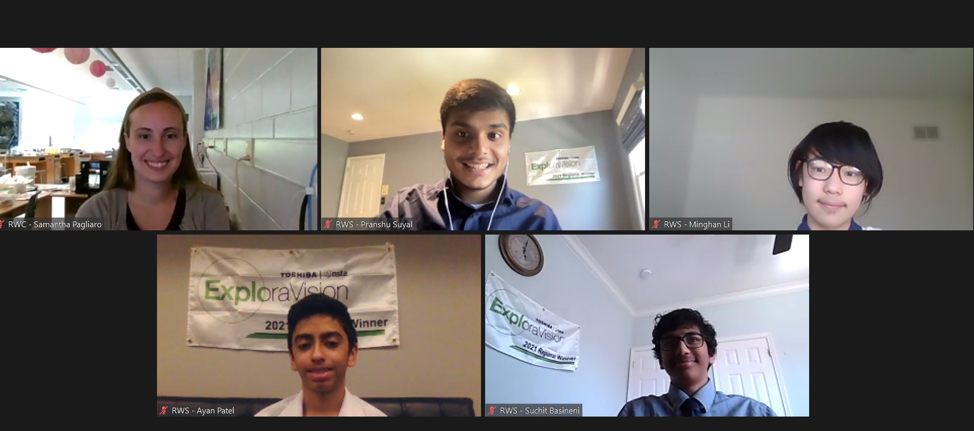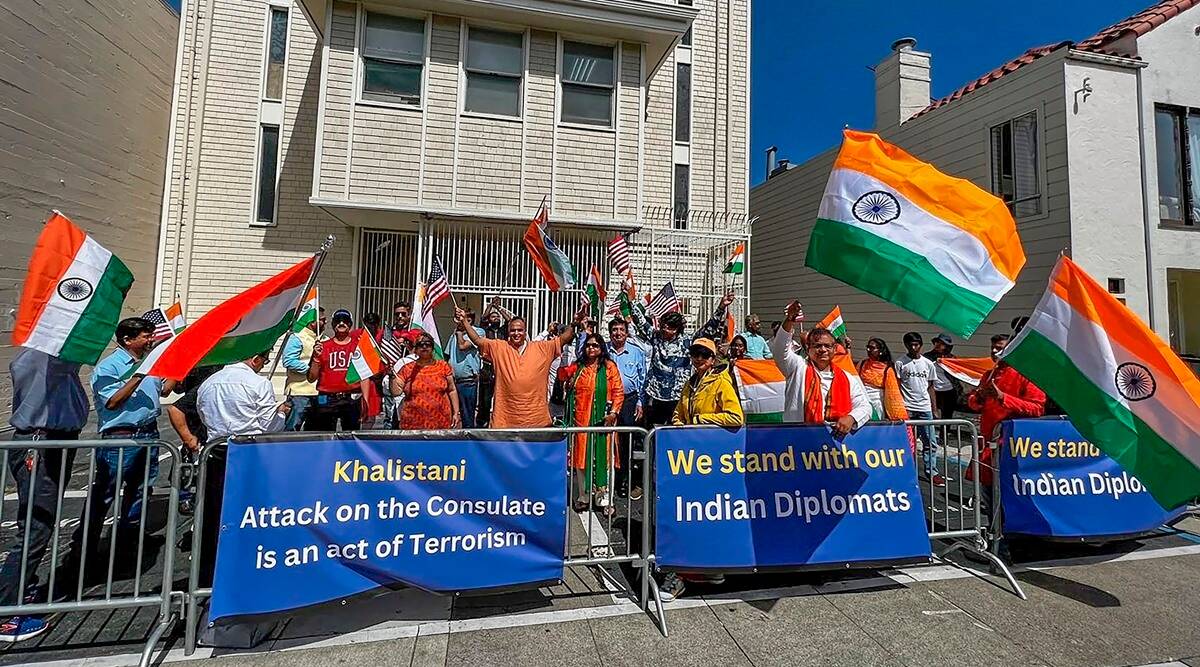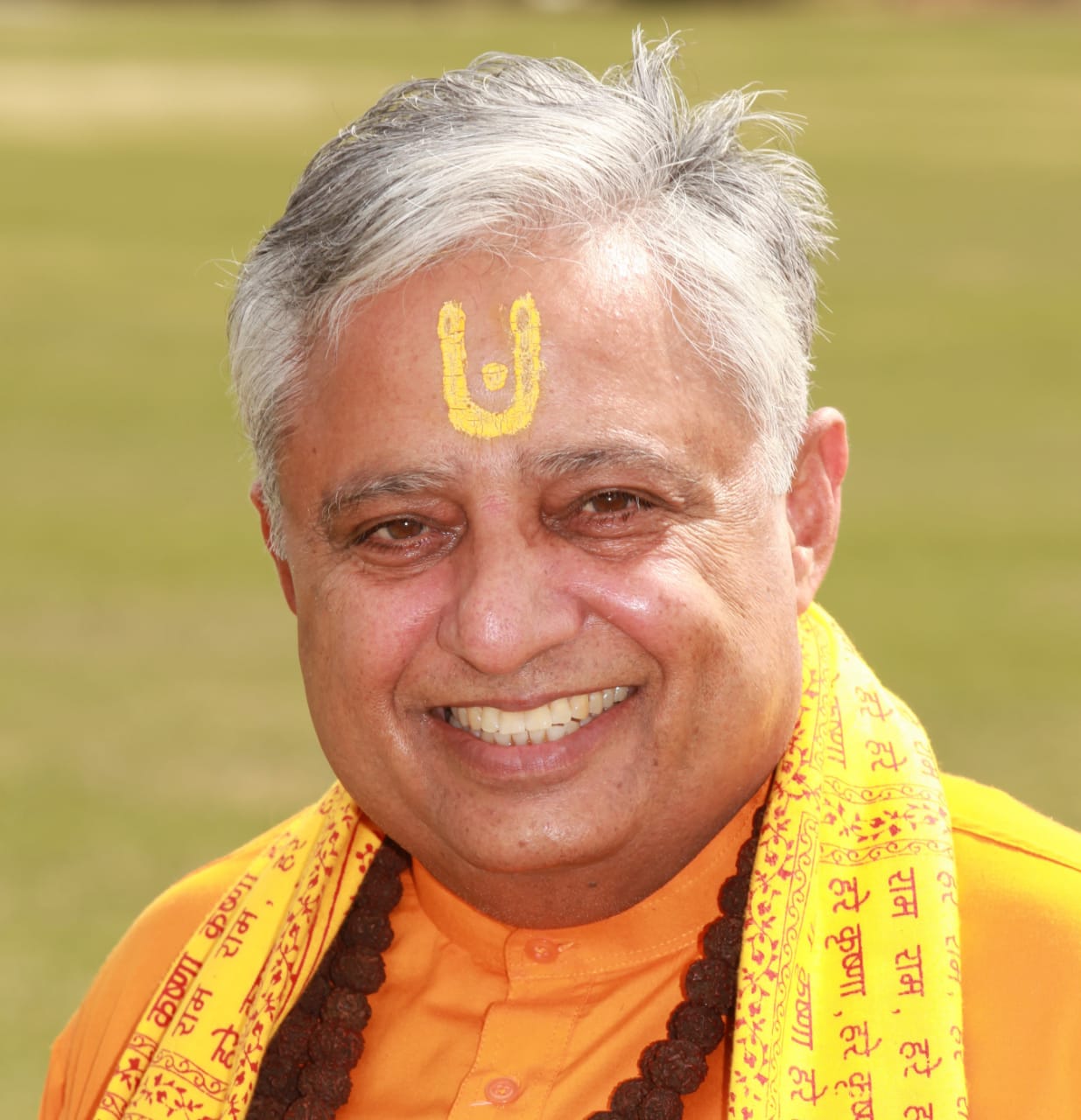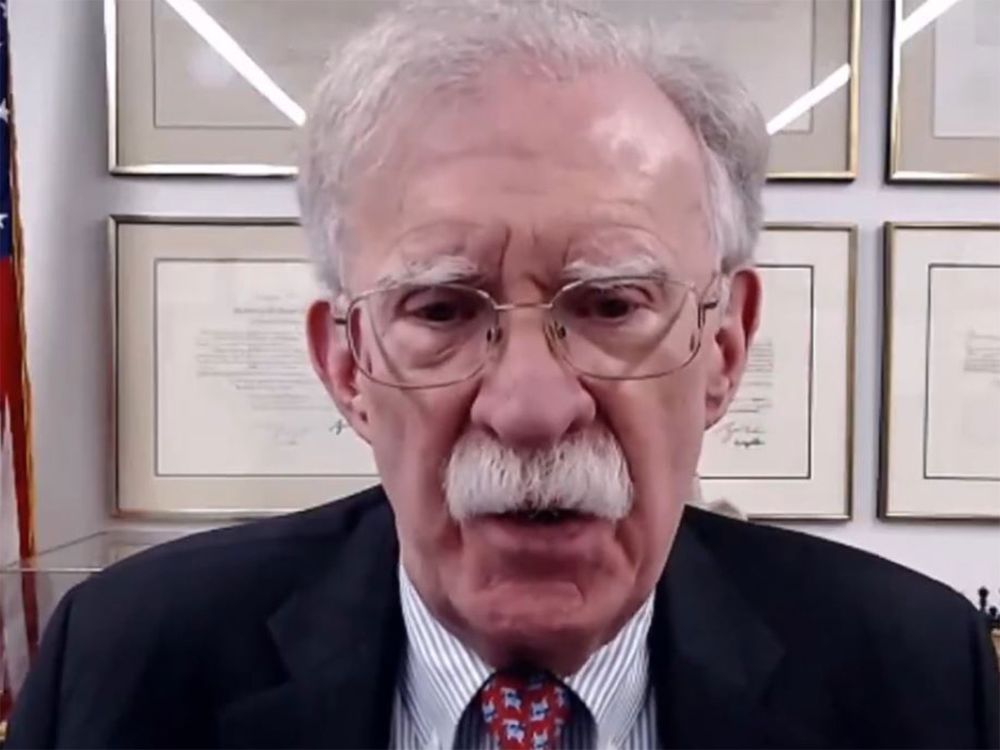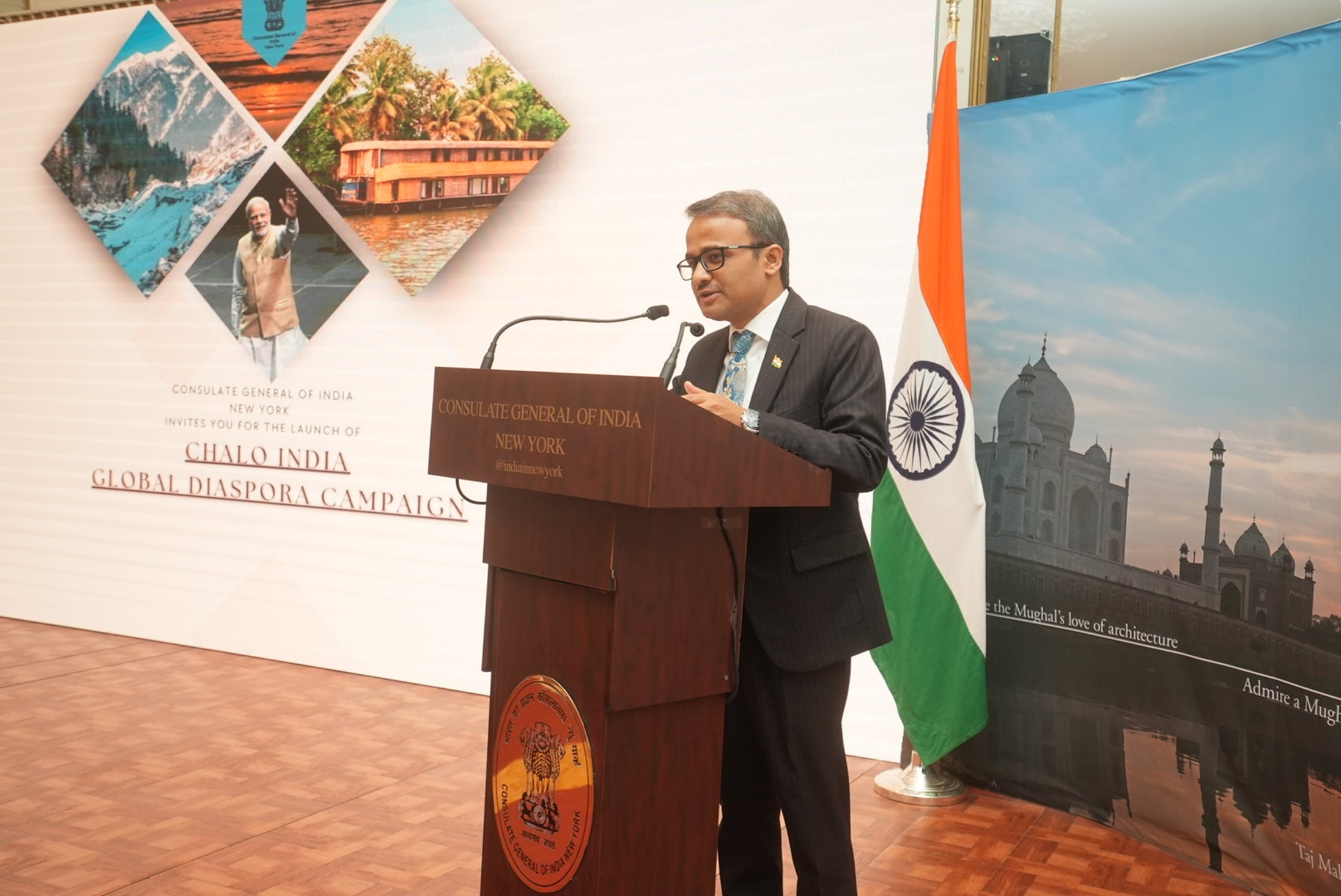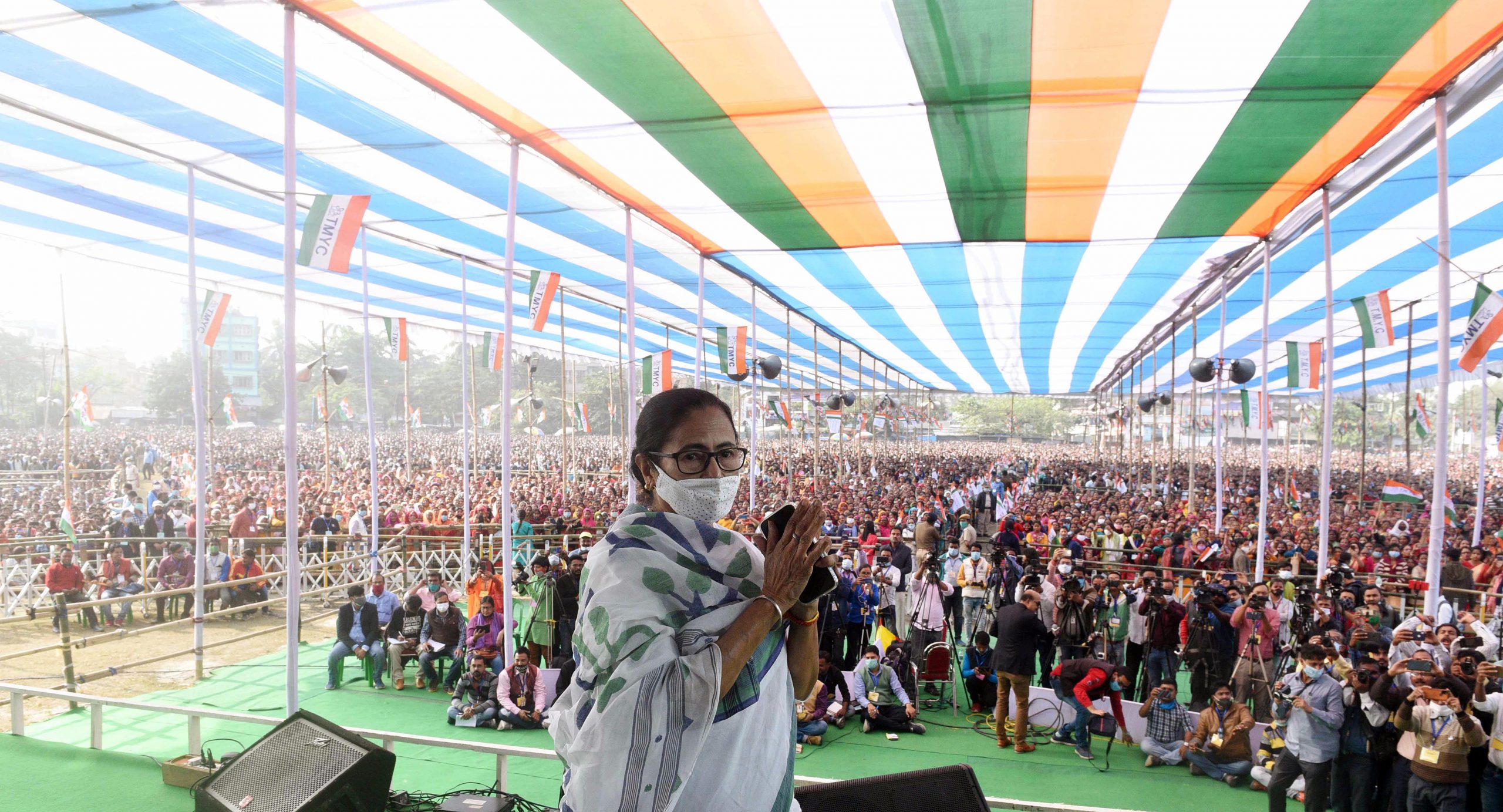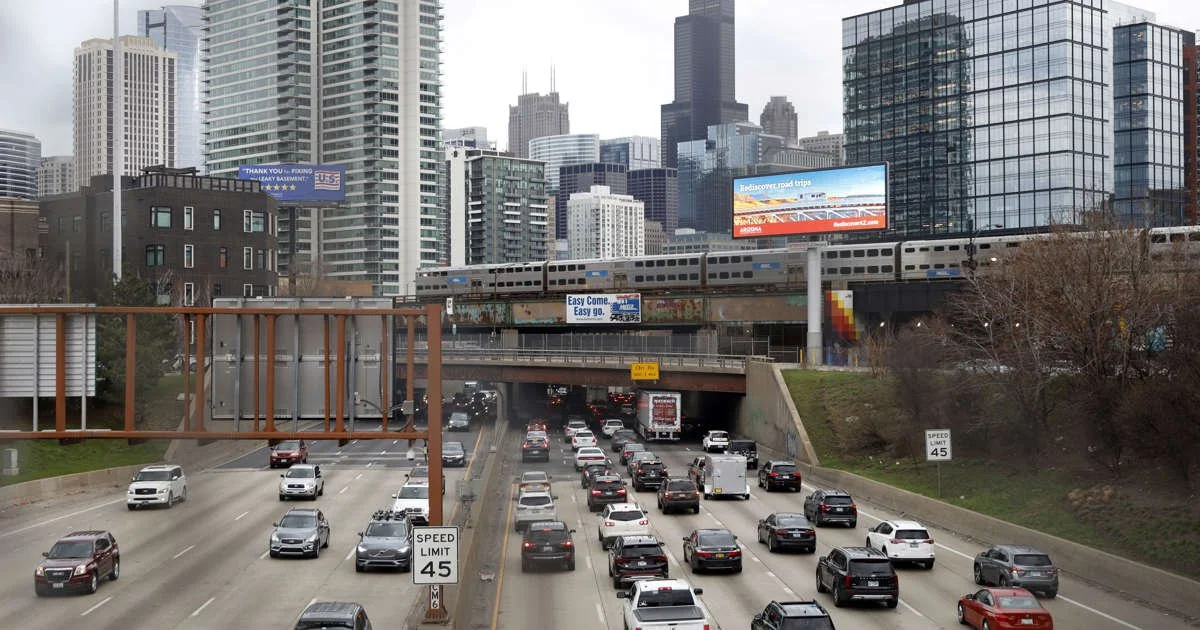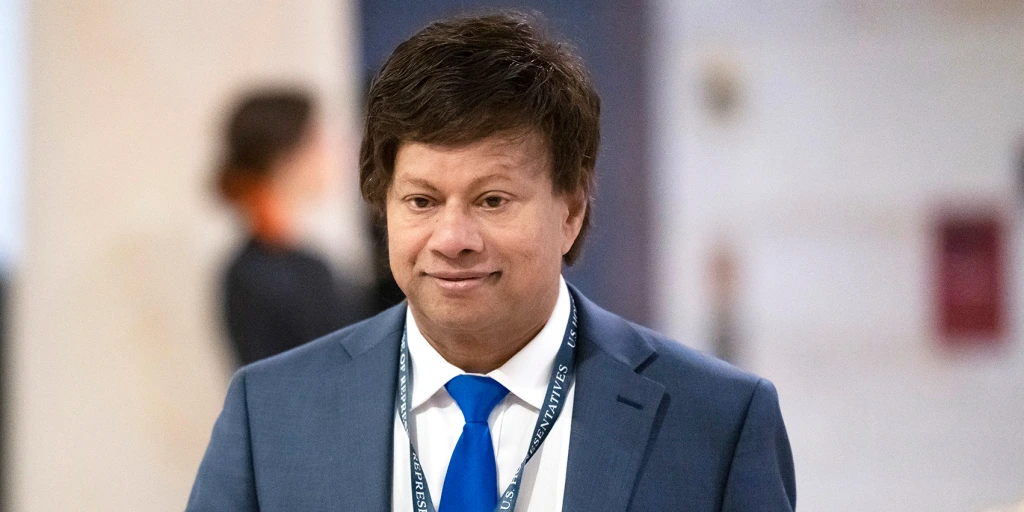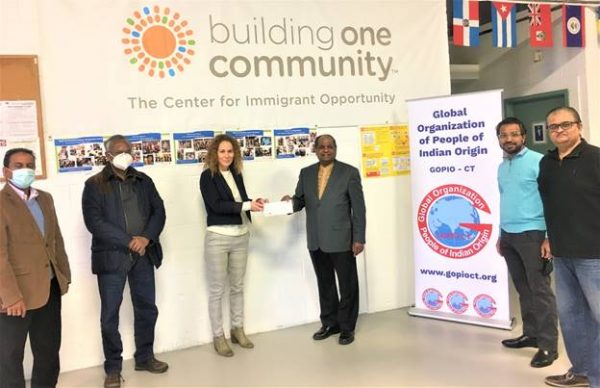Our Bureau
New Jersey, NJ
An Indian American-led team from Morganville, New Jersey, was victorious in the Grades 7 through 9 section of the 29th annual Toshiba/NSTA ExploraVision competition. The competition featured shared innovative proposals to help overcome some of the world’s greatest challenges, from healthcare to sustainability efforts to energy efficiency, a news release said.
During an unprecedented school year, these students and their coaches showed dedication and creativity in developing new solutions and technologies to improve the world around them, it added.
The Mag-Launcher team from Marlboro Memorial Middle School, coached by Samantha Pagliaro and led by students Pranshu Suyal, Mighan Li, Ayan Patel and Suchit Basineni, were the winners in their age group.
As technological innovations make space exploration more common, this team of eighth graders from Marlboro Memorial Middle School sought to make rocket launches more eco-friendly by reducing the emission of greenhouse gases, the release said.
Mag-Launcher is an innovative, reusable electromagnetic repulsion system designed to advance space exploration while causing minimal harm to the environment, it added.
Several Indian Americans took home second-place honors in various age groups of the competition as well. In the K-3 section, the Lung Transplant Using Stem Cells team from Vernon Hills, Illinois-based Hawthorn Elementary South, comprising students Mulhar Sule, Shivansh Tripathi, Anay Chigurapti and Srinithik Sabry, took second prize.
Realizing that the COVID-19 pandemic may lead to an increase in lung diseases globally, this team of third graders from Hawthorn Elementary South developed a method to grow healthy human lungs using a patient’s own bone marrow stem cells, the release said.
The stem cells would be grown into healthy “mini lungs” and a supporting biodegradable artificial micro-pump could be added during transplant to support the patient’s respiration until their new lungs can function independently, it added.
Anya Gupta was on a team from A.D. Henderson University School in Boca Raton, Florida, that took second for their BioBot in the grades 4-6 age group. Climate change poses a major threat to our global water supply and natural ecosystem. This team from A.D. Henderson University School developed The BioBot to rapidly break down plastic collected from rivers and oceans, converting it into micronutrients for the ecosystem, it said. The technology would be contained in an “interceptor,” which uses artificial intelligence, drones, solar panels and supercomputers to manage the harmful enzymes and their containment.
















